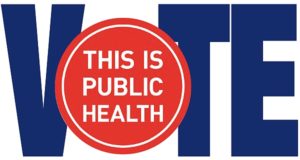Identify Candidates Running in Your District
If you want to vote at the polls, filling out a sample ballot can help you prepare for voting day. You can get a sample ballot from your county auditor’s office; Ballotpedia also has sample ballots, but they might not include all candidates. A simpler option is voting absentee, which saves you time on poll day and lets you research candidates as you fill out the ballot.
Candidate Forums and Town Halls
Candidate forums and town halls offer direct access to the candidates.
- Prepare questions on public health issues important to you. This is an opportunity to get direct answers from the candidates about how they plan to address these issues.
- Pay attention to how candidates respond to public health-related questions. Do they provide specific plans, or do they speak in general terms? Do they demonstrate a clear understanding of the issues?

